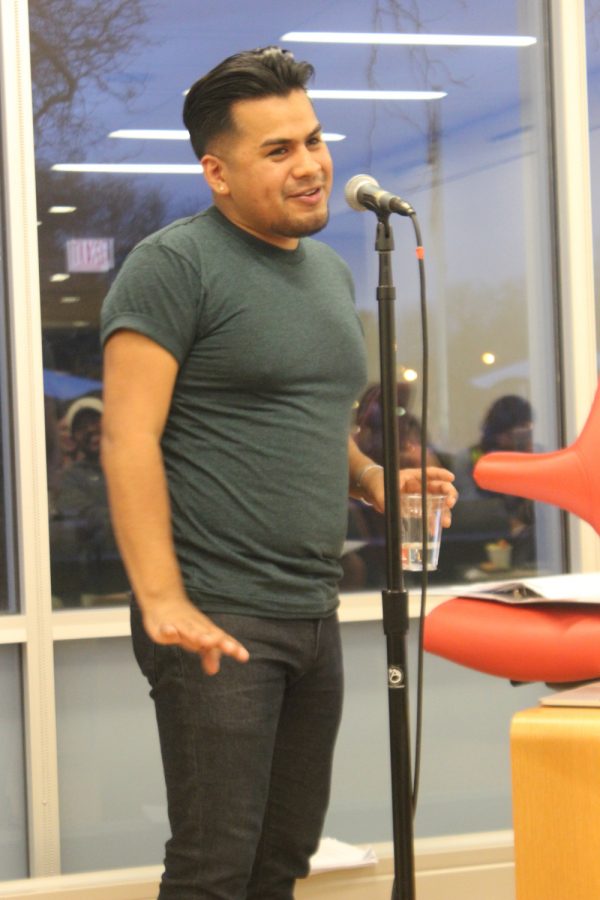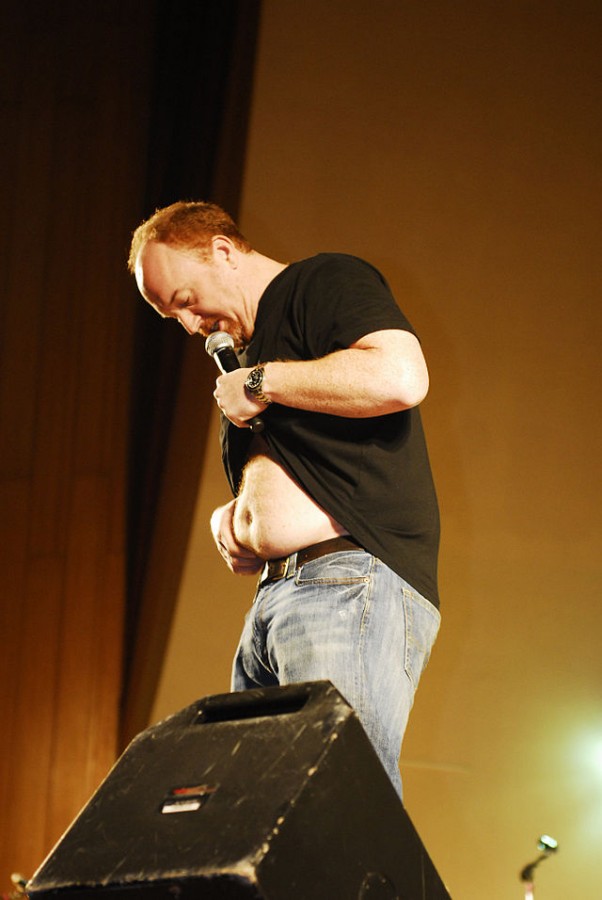By Patrick McIntyre – Staff Writer
Joe Biden and Paul Ryan came out swinging in the solo vice-presidential debate Oct. 11. Both Democratic Vice-President Biden and Republican challenger Ryan extended fiery attacks on the other, but Biden displayed his confidence and utilized his knack for interruption. Consistently catching Ryan off guard, his smile was the residing snide commentary questioning the legitimacy of Ryan’s plans.
Contrary to the presidential debate a couple weeks earlier, Biden and Ryan inched a bit closer to taking a strong stand on specific issues throughout the discussion. “I know you’re under a lot of duress to make up for lost ground,” Ryan said, perfectly capturing the importance the debate meant for the Obama administration. As Biden held a heavy load on his back, mostly as a result from the backlash caused by President Obama’s lackluster performance in his debate with Romney, he poised himself as the Biden most fans understand him to be—aggressive and unashamed to call out deceit.
Luckily, Martha Raddatz of NBC News moderated in the form of a watchdog, as opposed to Jim Leher’s pushover moderation at the presidential debate. Raddatz forced the candidates to stay on topic and consistently provide straight-forward answers. The topics stretched far and wide, this being the only debate between the candidates. Despite the limited time, both men dug impressively deep defending their positions. Libya was the first topic of the night, when moderator Raddatz sought to discover the truth of what happened in the aftermath of the terrorist attack on the U.S. Embassy in the country last month. Biden claimed U.S. intelligence caused the administration to alter their position, causing skeptics to suspect a mishandling of the entire situation.
As the conversation delved into the sluggish growth of the economy, Biden defended the slow but consistent recovery during the last 43 months, resulting in last month’s dip in the unemployment rate to 7.8 percent, the lowest in over four years. Ryan stayed on the offensive, claiming the recovery was not progressing fast enough, and offered his plans to extend the Bush tax cuts for people making over a million dollars. “Their holding hostage the middle-class tax cut to the super-wealthy,” Biden said of Ryan’s intentions. Interruptions aside, Biden displayed his belief in investing in the middle-class. His fight for maintaining tax rates on the middle-class and desire to raise them on the upper class (but still far from pre-Bush era levels), was representative of Biden’s classic defense of hard working Americans.
Medicare, a major topic of dispute in the election, was a winner for Biden. Romney and Ryan’s plans for Medicare would initiate a “premium support plan,” a vaguely defined term essentially allowing seniors to purchase private insurance in the free market. The Obama administration comfortably sits on the side of country—weary to drastically alter programs that have been successful and support so many people in need.
Smirking glances and flailing arms dominated Biden’s side of the screen as Ryan spoke. More than simply an attempt to display an antagonistic demeanor, it represented the anger and frustration Biden, and most Democrats, have for the top-down model consistently presented by conservatives for improving the economy.






